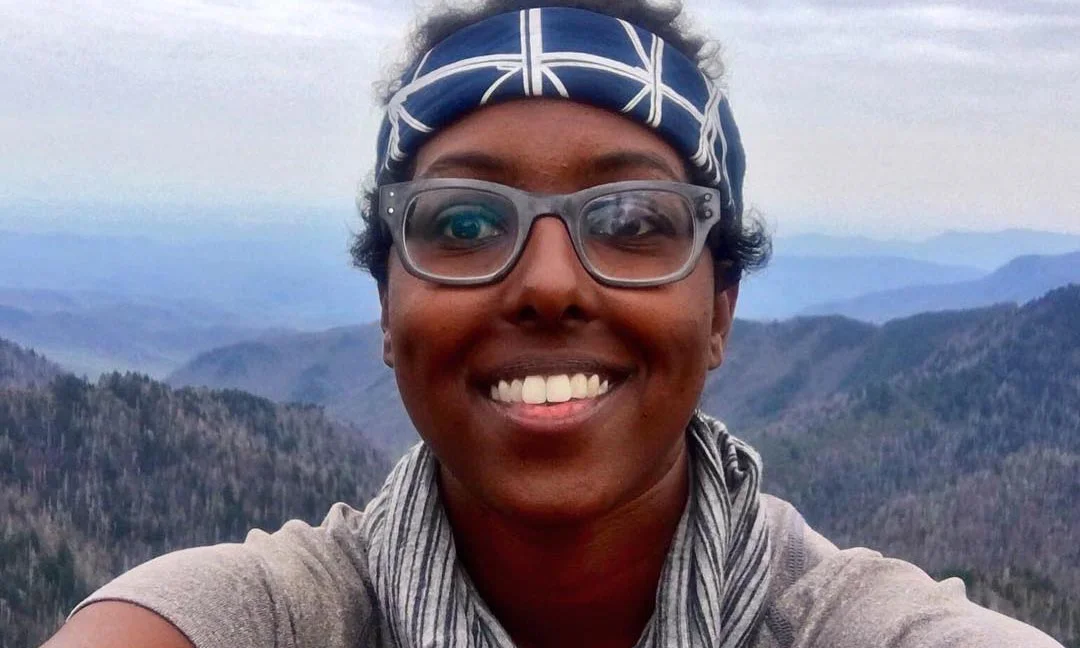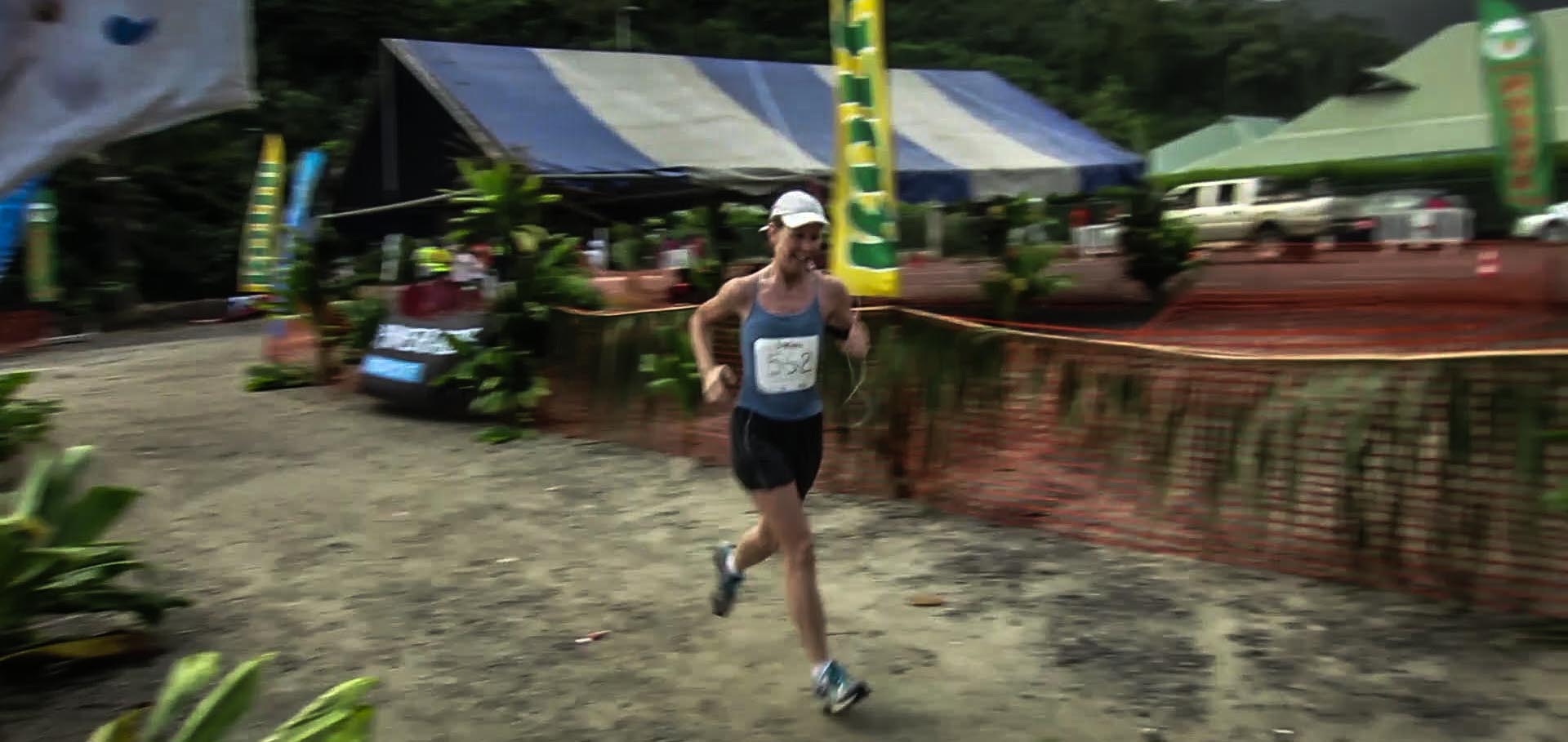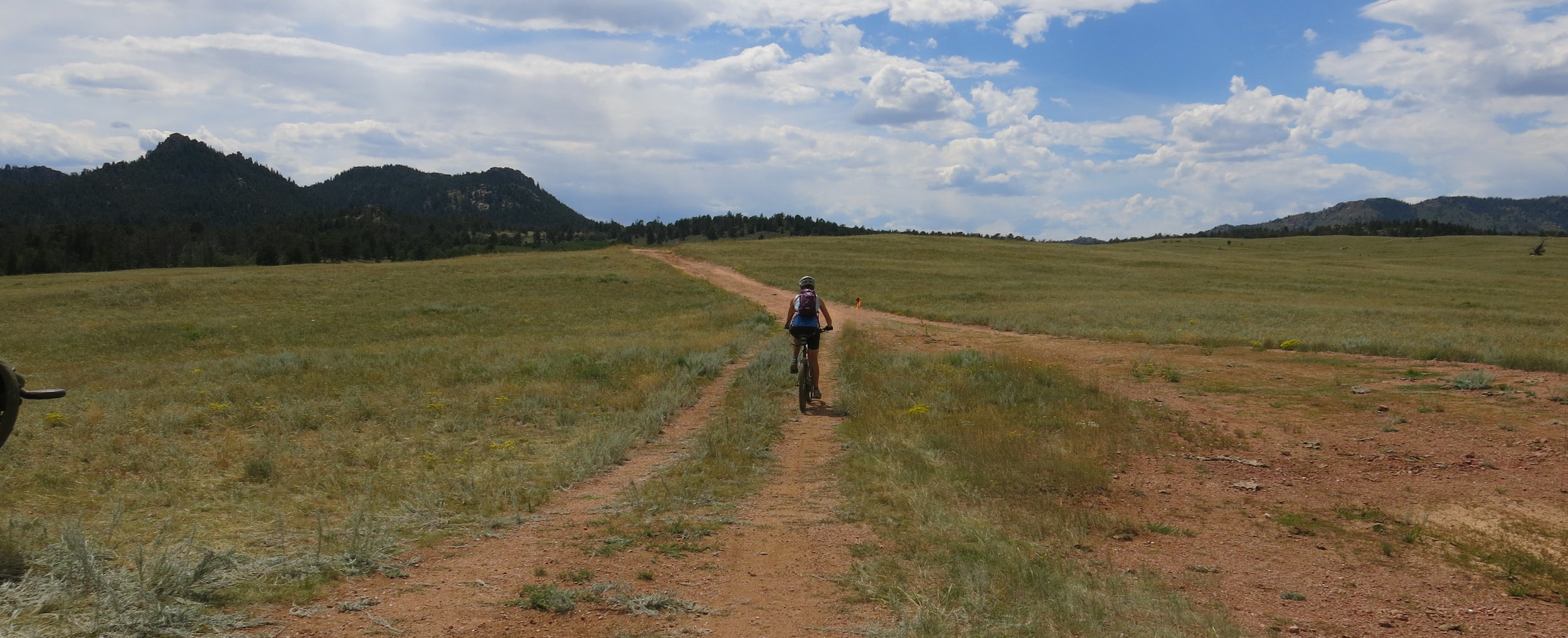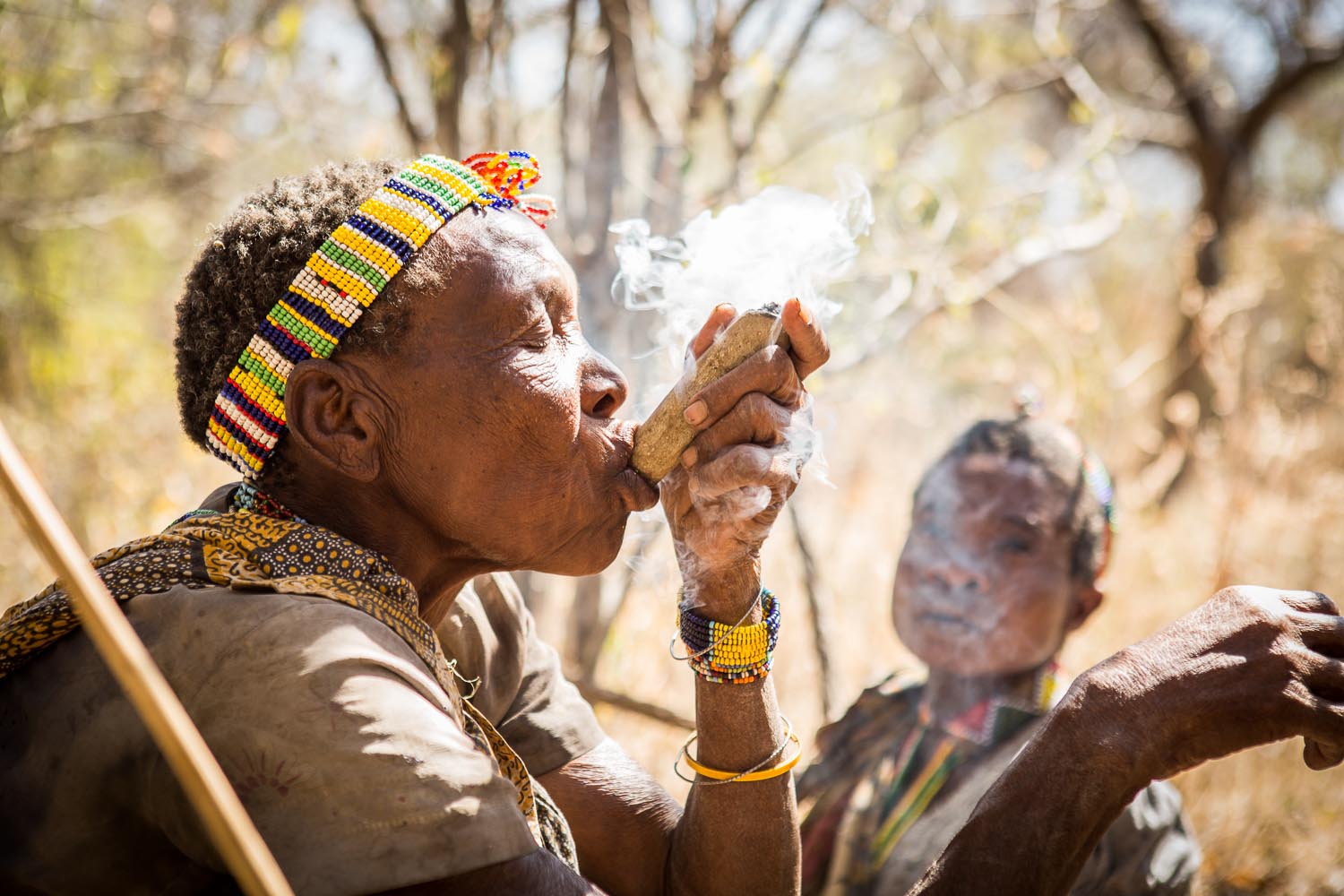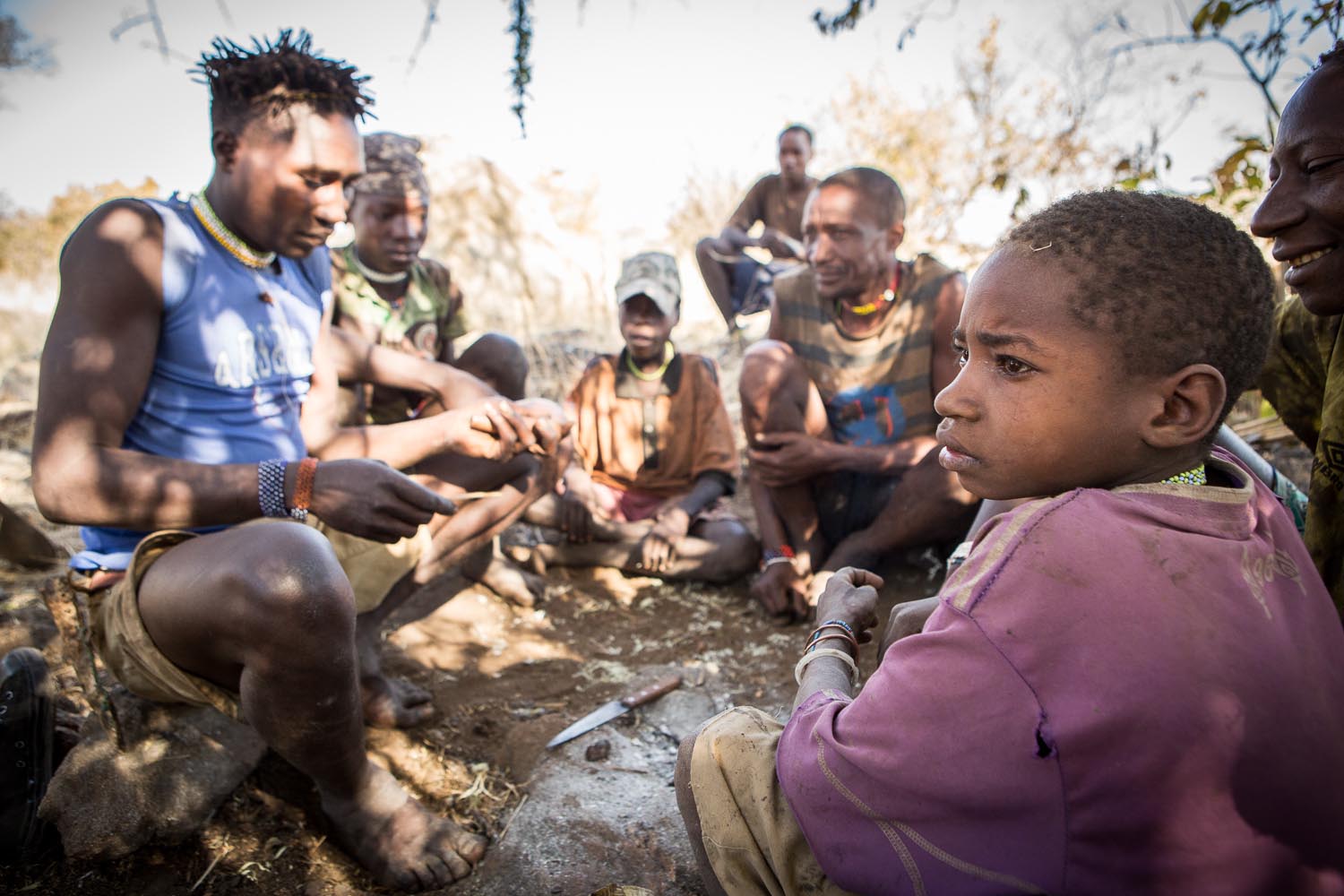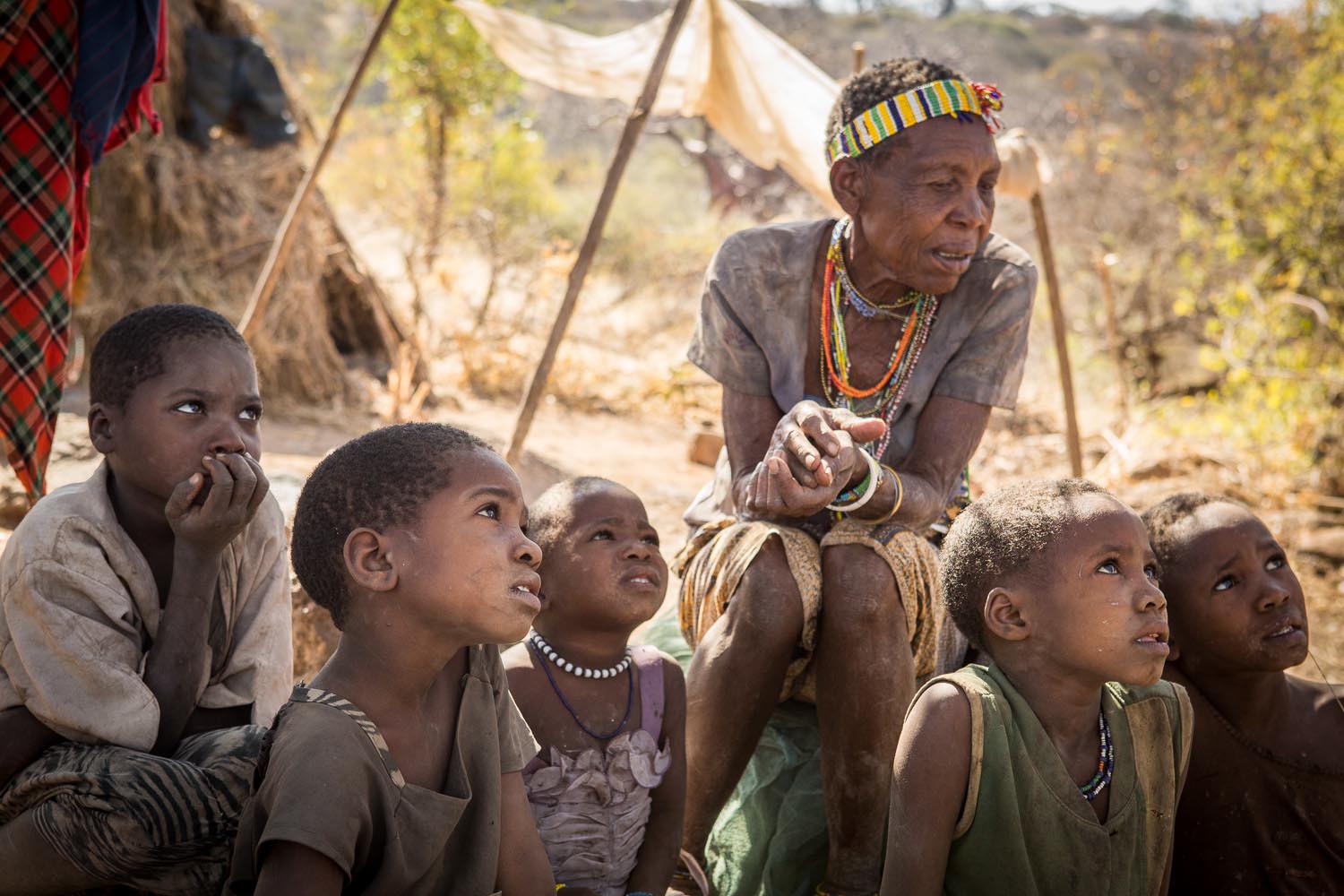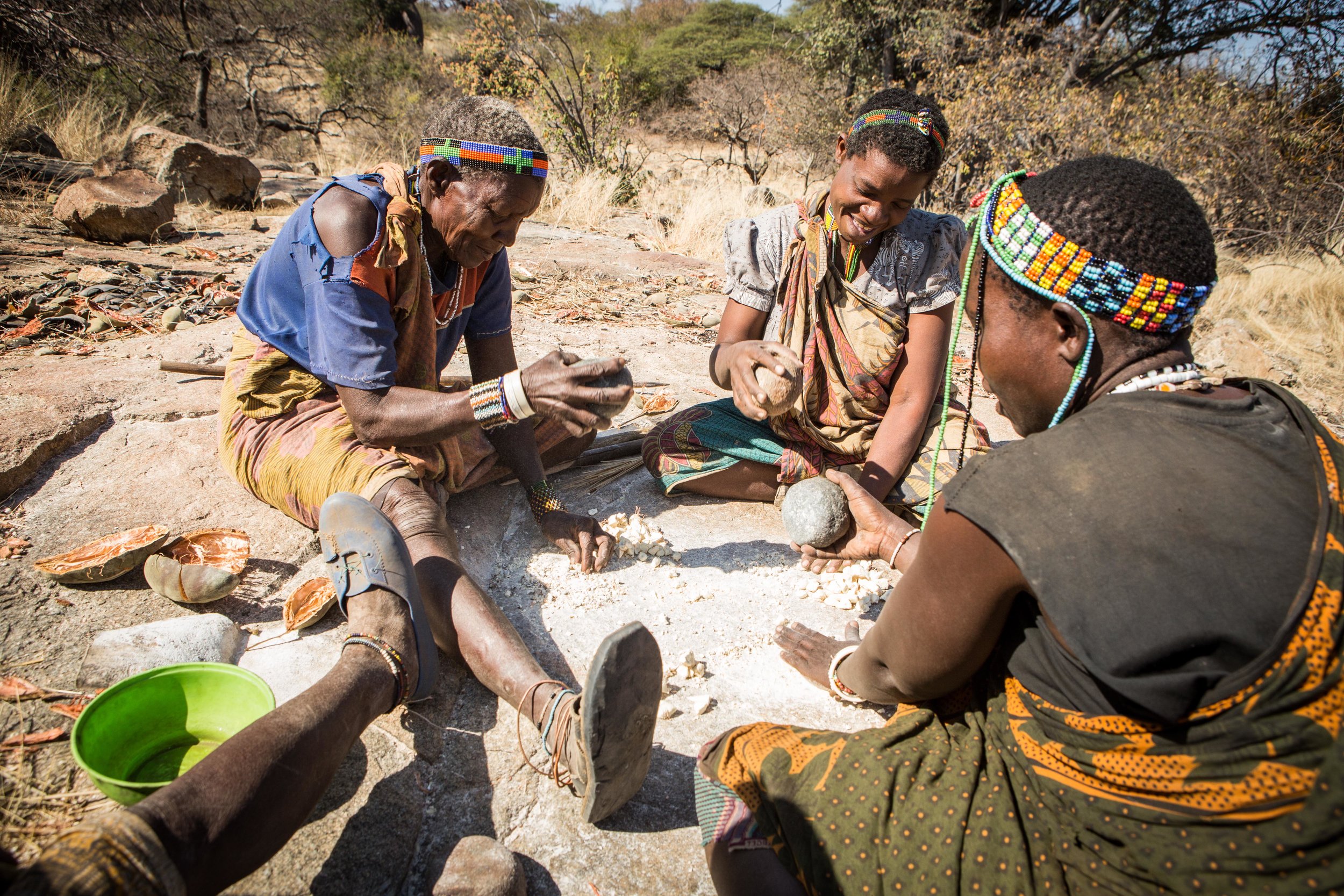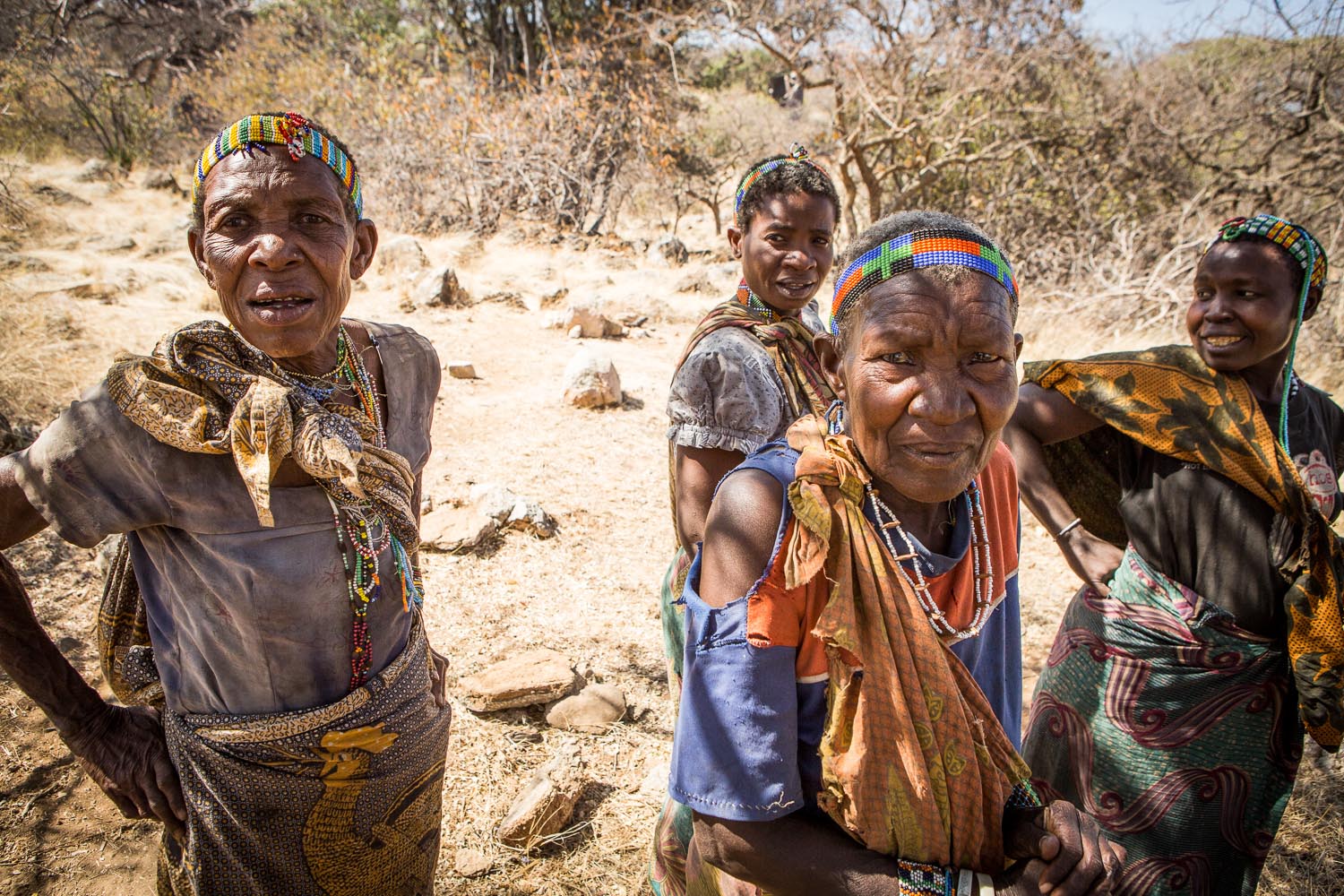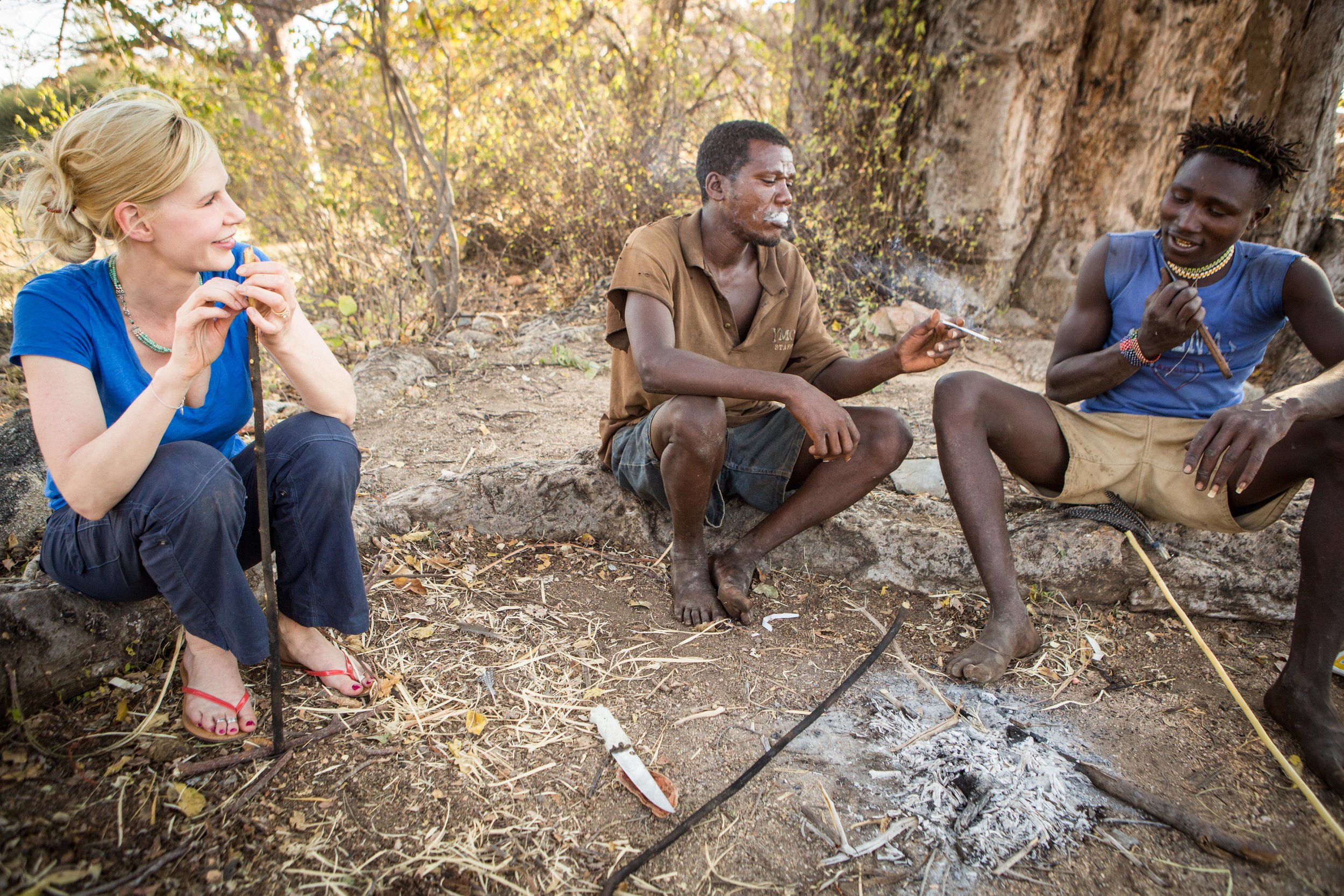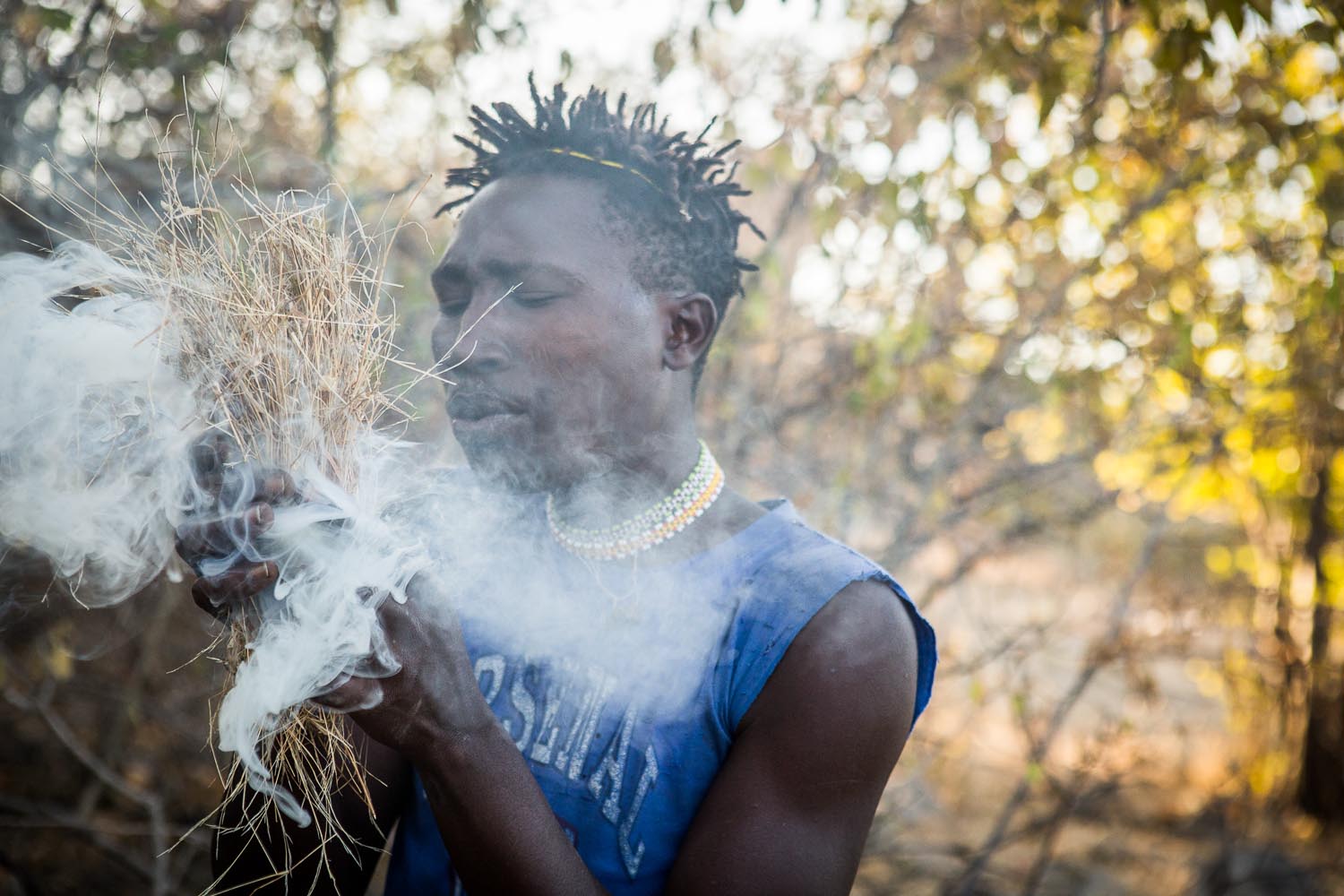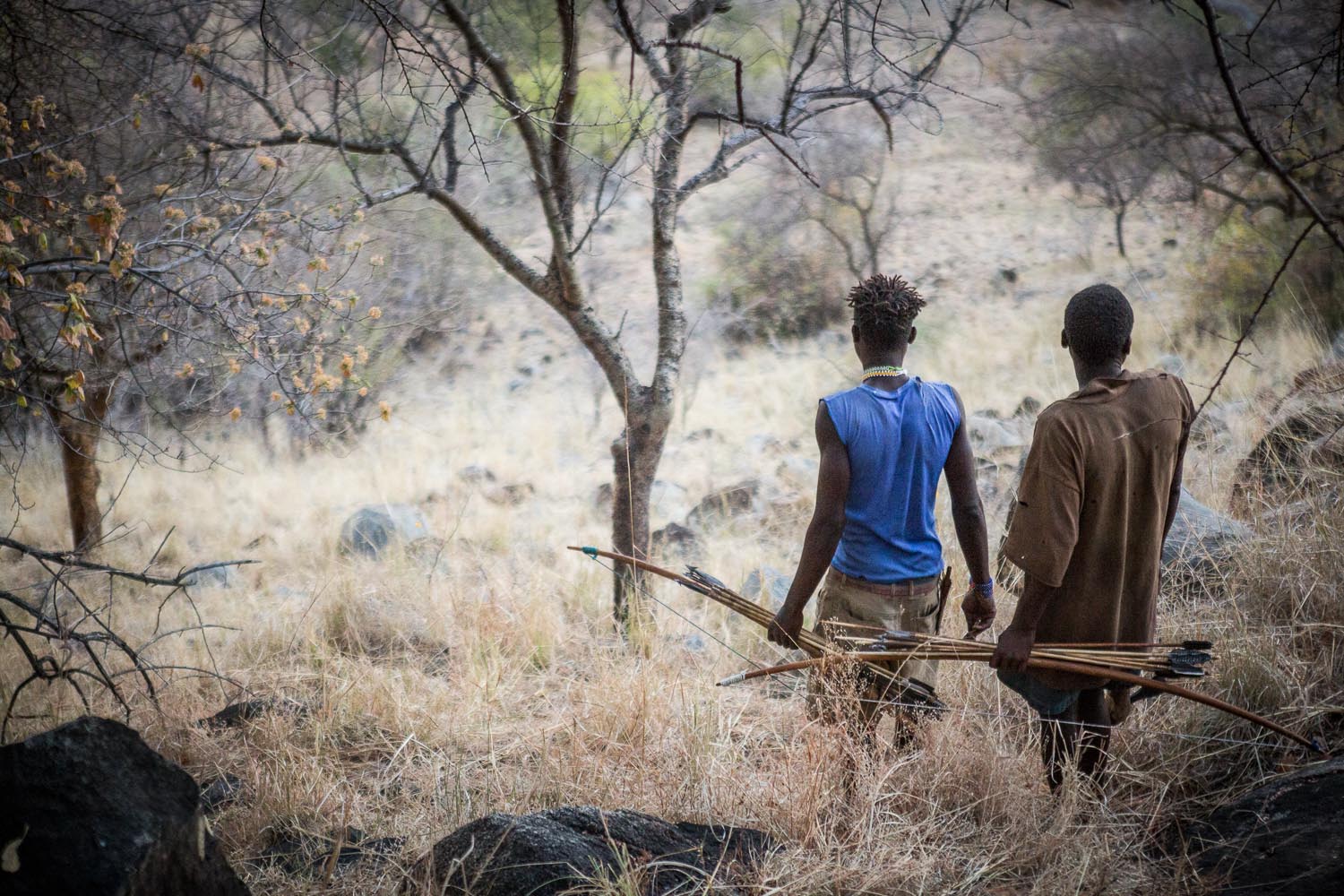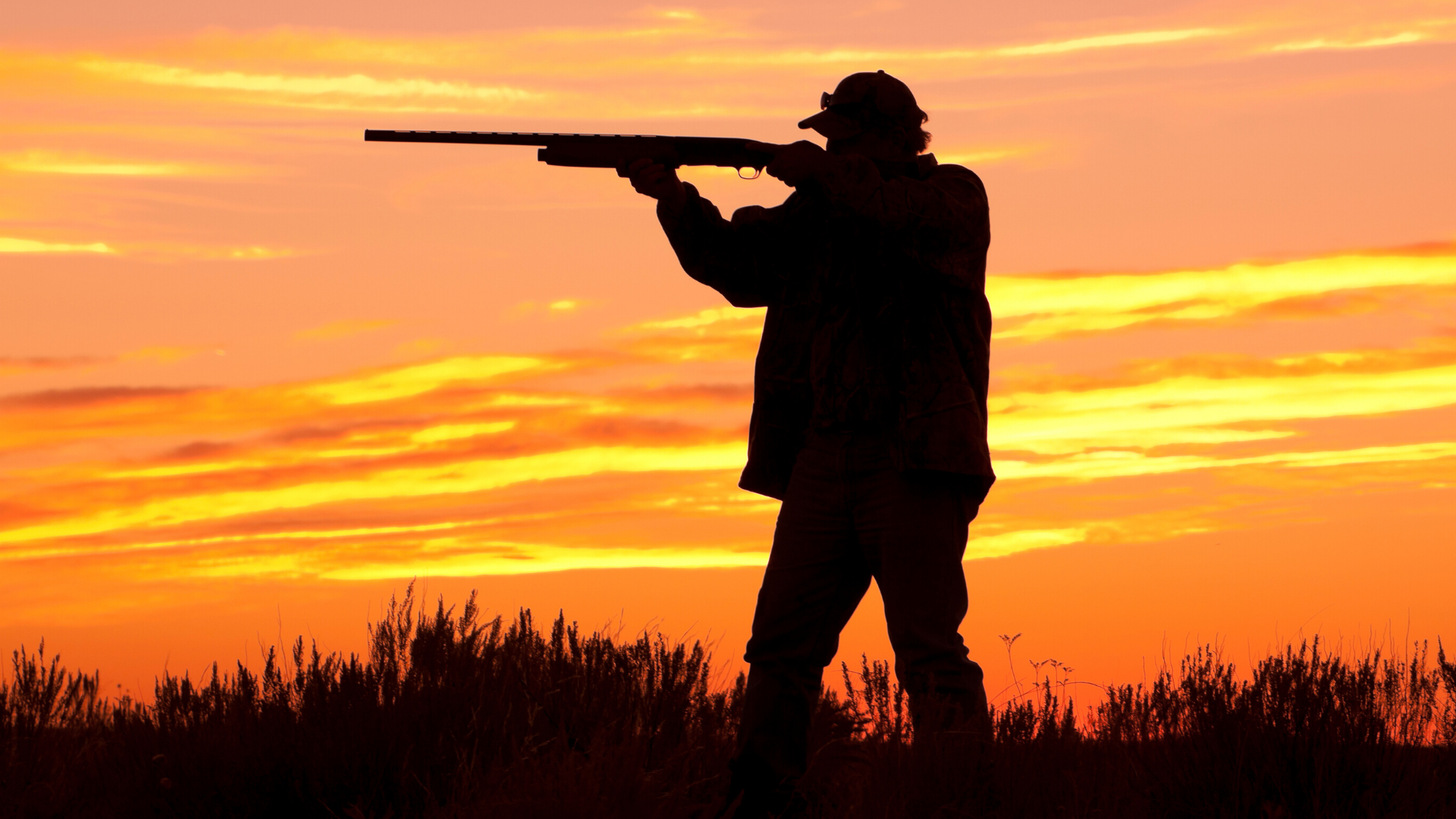In My Own Hands
/What re-ignites the will to live?
Kaleen Torbiak has tried to kill herself many times. She grew up in a troubled family, spent years struggling with depression, and was convinced that the world would be better off without her.
But one November day in 2015, everything changed. That day, Kaleen walked into the woods, determined to end her life -- and came out a few days later fighting to live.
On this episode, Canadian journalist Heather Kitching explores what happened during those fateful days. The story gives us a glimpse into one woman's tortured mind, and examines what it takes to make a person want to live again.
“It’s amazing how on Friday, I wanted to commit suicide, and by Sunday I’m frozen from my hips down and all I wanted do is live.”
Music for this story included the song "Comfortable Mystery 2" by Kevin MacLeod.
The National Suicide Prevention Hotline in the U.S. can be reached at 800-273-8255.



